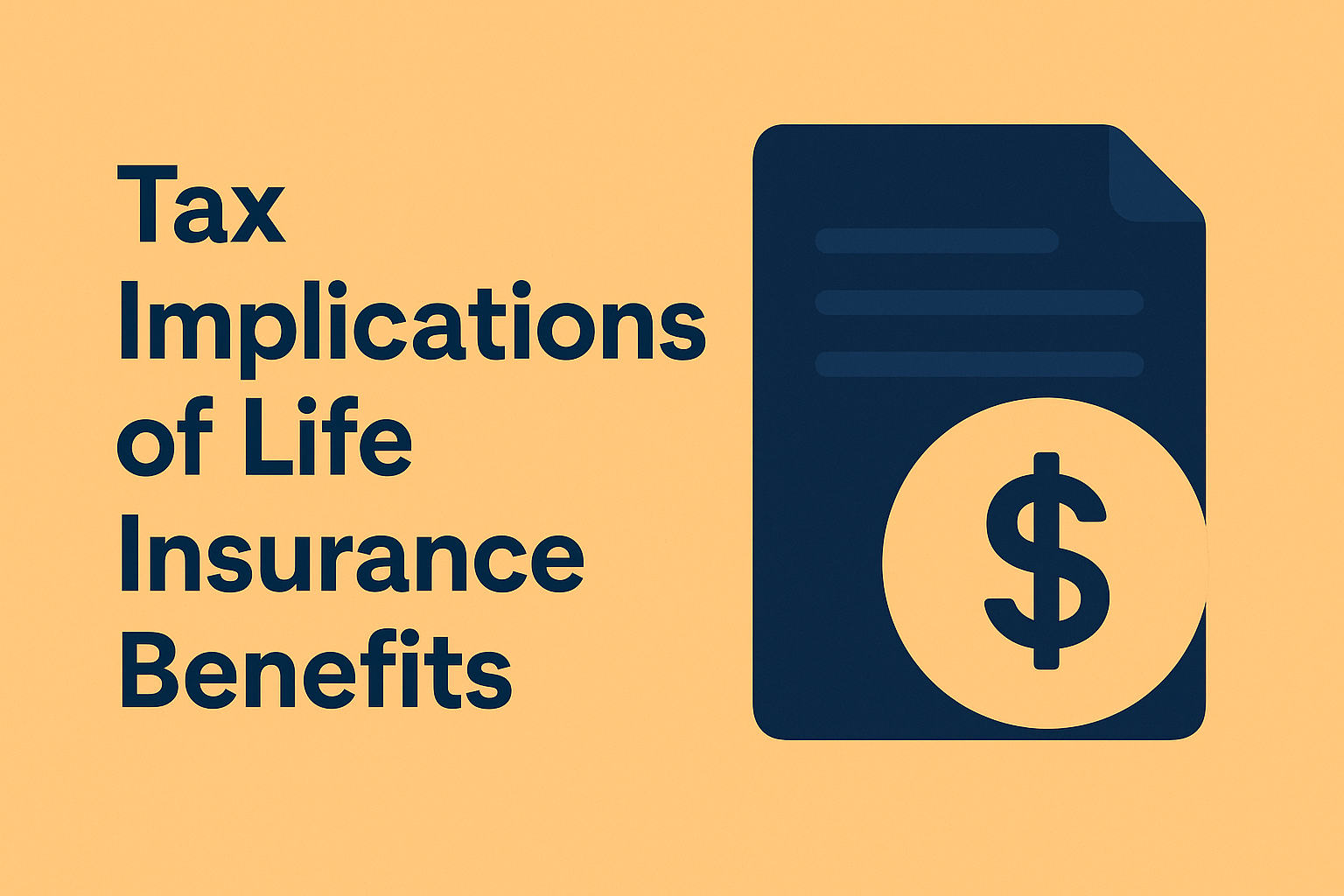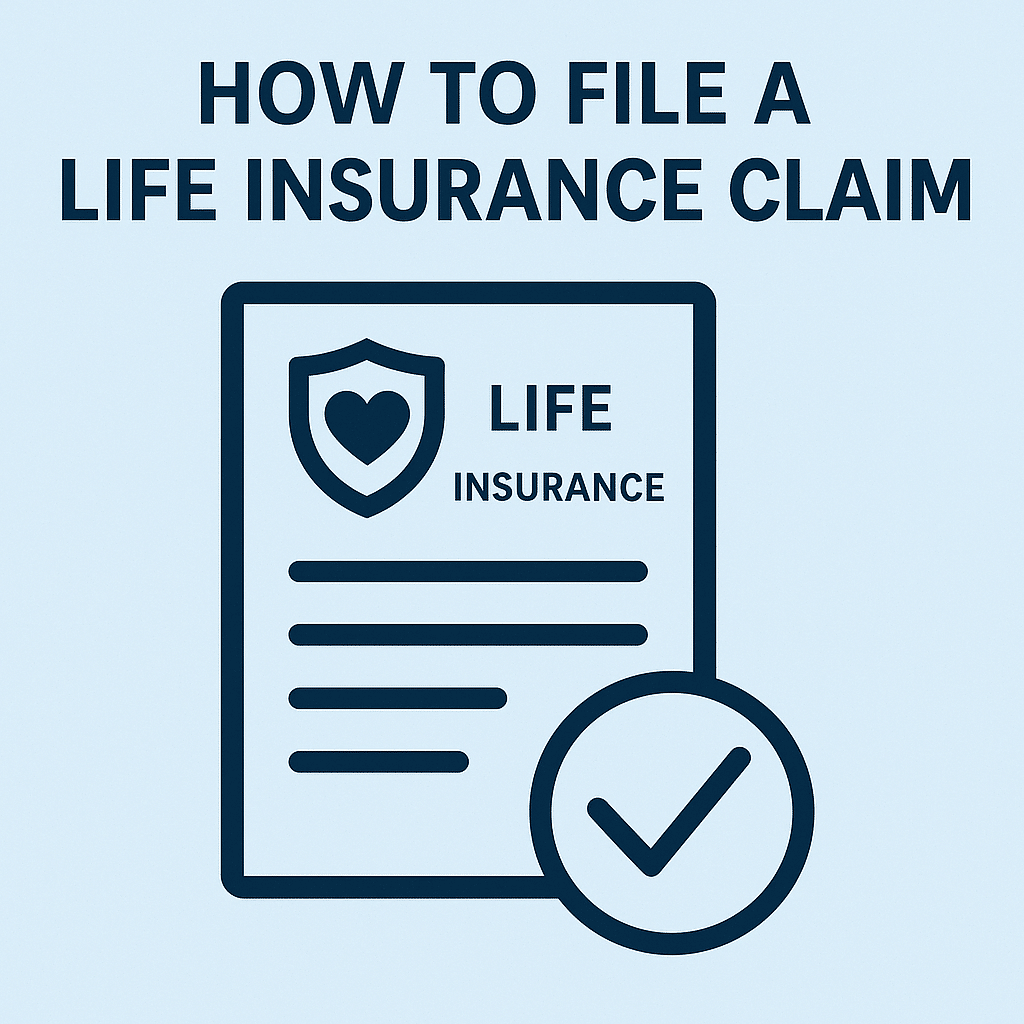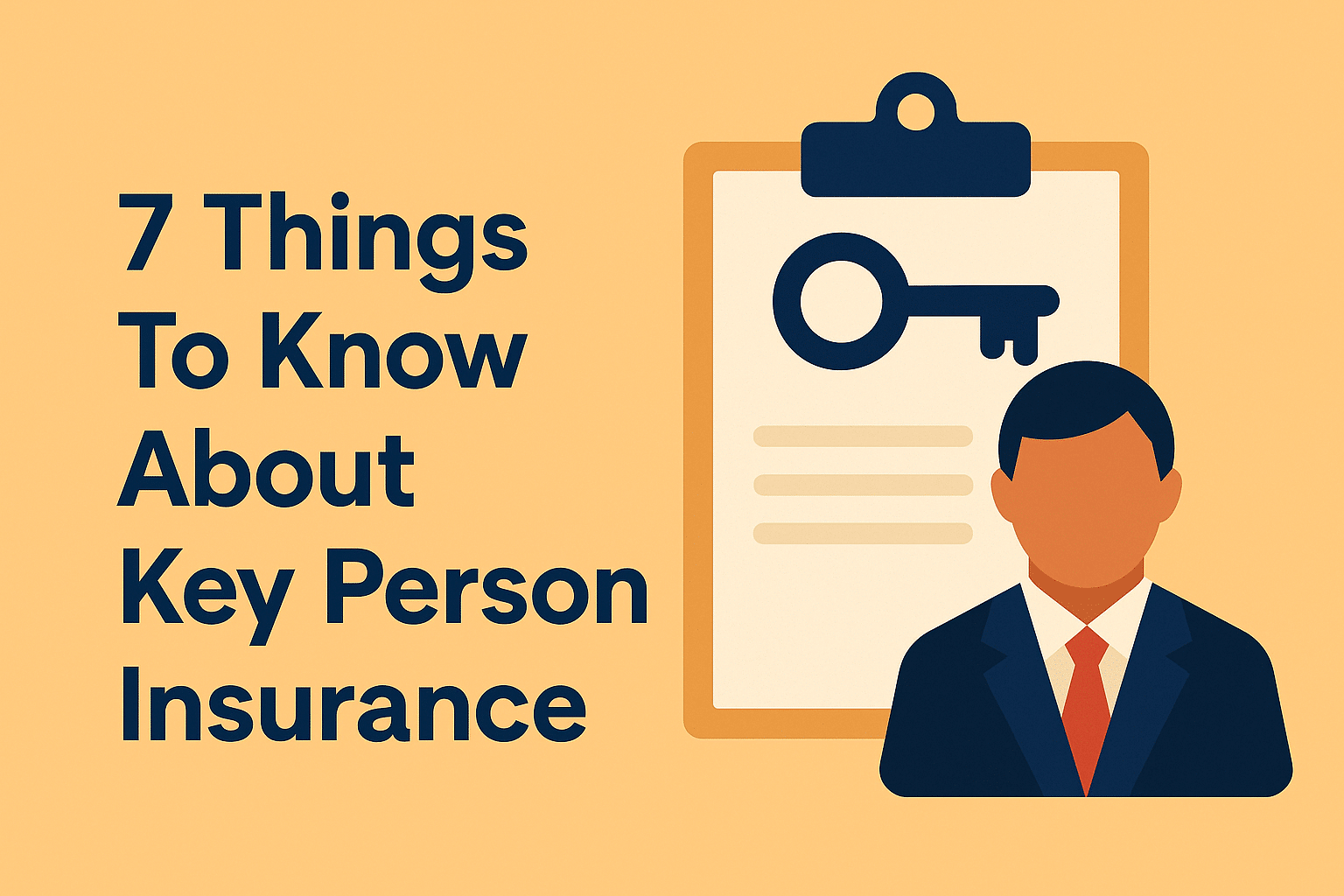Life Insurance 101: Your Guide To Planning Ahead
Life Insurance Information Hub
Life insurance can feel complicated, but it doesn’t have to be. This hub breaks down what you need to know, from the types of policies available to how to choose the right one, so you can make confident and informed decisions for yourself and your loved ones.

Table of Contents
Key Things To Know
Life insurance provides financial protection for your loved ones after you die. It can help cover funeral costs, replace lost income, pay off debts, and support long-term goals like education or caregiving.
- There are two main types of life insurance: Term life provides coverage for a set number of years and typically has lower premiums. Whole life (and other forms of permanent insurance) lasts your entire life and may build cash value over time.
- Life insurance can help cover more than funeral expenses: In addition to final arrangements, it can provide income for dependents, pay off mortgages or loans, or support special needs and legacy giving.
- You must name a beneficiary to receive the payout: This is the person (or people, or trust) who will receive the death benefit. Be sure your designations are up to date and aligned with your estate plan.
- The policy’s death benefit is usually tax-free: Beneficiaries typically receive the life insurance payout without owing income tax, though large estates may have estate tax considerations.
- Group policies through work may not be enough: Employer-sponsored life insurance can be a good start, but it often ends when you leave your job and may offer lower coverage than your family needs.
- You can own more than one policy: It’s common to layer term and permanent policies or hold individual and employer-provided coverage at the same time.
- Health and age impact your premiums: The younger and healthier you are when you apply, the lower your rates will likely be. Many policies require a medical exam.
- You should review your policy regularly: Update your coverage and beneficiaries after major life changes such as marriage, divorce, the birth of a child, or the death of a loved one.
- Permanent policies may offer living benefits: Whole life and other permanent policies sometimes allow you to borrow against the cash value or use accelerated benefits in case of terminal illness.
- Life insurance can play a strategic role in estate planning: It can provide liquidity for taxes, support charitable giving, fund a buy-sell agreement for a business, or equalize inheritance among heirs.
What is Life Insurance?
Life insurance is a contract between you and an insurance company, where you pay regular premiums in exchange for a lump-sum payment, known as a death benefit, to your beneficiaries upon your death. This payout can be used to cover various expenses, such as funeral costs, outstanding debts, mortgage payments, and everyday living expenses.
Types of Life Insurance
There’s no one-size-fits-all when it comes to life insurance. Understanding the different types can help you choose the policy that best fits your needs, goals, and stage of life.
Term Life Insurance
What It Is:
Term life insurance provides coverage for a specific period, such as 10, 20, or 30 years. If the insured person dies during that time, the policy pays out. If not, it ends with no payout.
Who It’s Best For:
People who want affordable protection for a defined period, like while raising kids or paying off a mortgage.
Pros:
-
Lowest-cost option for most people
-
Simple and easy to understand
-
Can often be converted to permanent insurance without a medical exam
Cons:
-
No benefit if you outlive the term
-
Premiums go up significantly if you renew later
-
Doesn’t build any cash value
Example:
A couple in their early 30s buys a 25-year term policy to ensure their kids are financially protected through college.
Whole Life Insurance
What It Is:
Whole life is a permanent policy that lasts your entire life and includes a savings component called cash value, which grows over time.
Who It’s Best For:
Those who want lifelong coverage and are interested in building cash value over time, often for estate planning or wealth transfer.
Pros:
-
Guaranteed lifelong coverage
-
Cash value builds over time and can be borrowed against
-
Premiums stay fixed
Cons:
-
More expensive than term policies
-
Less flexibility with how premiums and cash value grow
-
Cash value growth is slower compared to some investment alternatives
Example:
A high-earning professional buys a whole life policy as part of their estate plan to leave a guaranteed inheritance for their children.
Universal Life Insurance
What It Is:
Universal life insurance is a type of permanent insurance with more flexibility. You can adjust your premiums and death benefit, and it builds cash value that may earn interest based on market rates or indexes.
Who It’s Best For:
People who want lifelong coverage with more flexibility and are comfortable managing the policy over time.
Pros:
-
Adjustable premiums and death benefit
-
Builds cash value
-
Can offer higher returns than whole life (depending on the policy type)
Cons:
-
Can be complex to manage
-
Performance depends on interest rates or market conditions
-
Risk of policy lapsing if cash value gets too low
Example:
A self-employed business owner chooses universal life for long-term coverage and flexibility to adjust premiums during lean years.
Group Life Insurance
What It Is:
Coverage offered through an employer or association, typically as a workplace benefit. It often comes with no medical exam and limited coverage.
Who It’s Best For:
Employees who want basic life insurance at low or no cost, especially if they haven’t purchased personal coverage yet.
Pros:
-
Often free or inexpensive
-
Easy to enroll, sometimes with no medical exam
-
Good short-term or supplemental option
Cons:
-
Limited coverage amounts
-
Usually not portable if you leave the job
-
May not be enough to fully protect your family
Example:
An employee receives $50,000 of group life coverage through work but also buys a personal policy to meet their full needs.
Benefits of Life Insurance
Life insurance isn’t just about what happens after you're gone. It’s about providing peace of mind today. From financial security for loved ones to covering final expenses, the benefits can be both practical and deeply personal.
- 1
Financial Protection: Ensures your family has financial support in your absence.
- 2
Debt Coverage: Can be used to pay off outstanding debts, such as mortgages and loans.
- 3
Income Replacement: Provides a source of income for your dependents.
- 4
Estate Planning: Helps cover estate taxes and other final expenses.
- 5Savings and Investment: Certain policies accumulate cash value that can be used for future needs.
How To Choose A Policy
Choosing the right life insurance policy starts with understanding your needs and goals. There's no perfect policy for everyone, but there is one that fits your life stage, financial situation, and what you want to protect. Here's how to narrow it down:
Getting a Life Insurance Policy
Once you’ve figured out what kind of coverage you need, the next step is putting it in place. Getting a life insurance policy is easier than many people expect. Here's what the process typically looks like:
Conversation Starter: How to Talk About Life Insurance
Talking about life insurance might feel awkward or even a little morbid, but it’s one of the most important financial conversations you can have. Whether you're bringing it up with a spouse, parent, or adult child, a simple, honest conversation can make all the difference.
Why It Matters
Life insurance isn’t just about money, it’s about planning ahead, protecting the people you care about, and making sure hard decisions are easier down the road. Having this conversation now can prevent confusion and stress later.
Tips for Starting the Conversation
-
Pick the Right Moment
Aim for a time when everyone is relaxed and open to practical discussions — not during a crisis or right before bed. -
Lead with Care, Not Fear
Try something like: “I’ve been thinking about how we can make sure everything’s covered if something ever happened. Can we talk about life insurance?” -
Use Real Examples
Mention a friend, news story, or recent life event to ground the conversation. “After what happened to ___, I realized we haven’t talked about our own plan.” -
Be Transparent
Share what you’ve done or what you’re considering. Ask about their current policies, needs, or concerns. -
Use Tools to Guide You
Bring a checklist, calculator, or even this page as a guide. That can take pressure off and keep the conversation focused.
Good Questions to Ask
-
Do you already have a policy?
-
Is it enough to cover the mortgage, debt, or other expenses?
-
Who’s the beneficiary, and do they know?
-
Are your documents stored in a place your loved ones can access?
Next Steps
Once you’ve opened the door, follow up by reviewing policies, checking for gaps, and updating beneficiaries. If no one has coverage yet, this is a great time to start comparing options together.
Common Myths and Misconceptions
Life insurance is one of those topics that’s surrounded by confusion. Misinformation keeps many people from getting the coverage they need or leads them to buy the wrong kind. Let’s clear up some of the most common myths:
Life Insurance Glossary
Not sure what a rider or cash value really means? This glossary breaks down the most common life insurance terms in plain language so you can feel confident navigating your options.
Trusted Life Insurance Providers
Once you understand your options and the benefits, the next step is getting covered. Here's how to choose a policy, apply, and make sure everything is set up the right way.
Articles
Frequently Asked Questions
Still have questions? You’re not alone. These frequently asked questions cover the basics and help clear up common misconceptions about life insurance.
Disclaimer: The information provided on this website and by Buried in Work is for general informational purposes only and should not be considered legal advice. Please consult with a qualified attorney or subject matter expert for advice specific to your situation.




